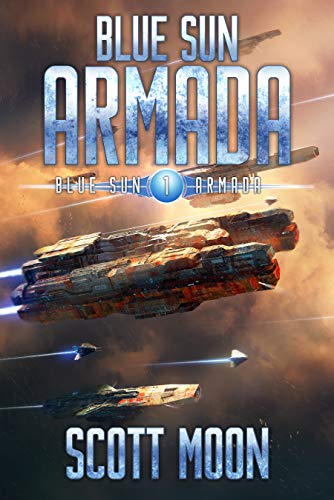FREE as of May 26, 2021
Click for current price Amazon US, United Kingdom, Canada, Germany, Australia
Apple, GooglePlay, Kobo, & B & N
Sun, sand, and… stakes?
From USA Today Best-Selling author, Elizabeth Kirke, comes a tale of magic on the open sea!
Jen Maddox knew a summer study abroad, with a cruise ship as her campus, would expand her horizons. But she could never have fathomed how life altering the sea would be.
With seagulls cawing overhead and whitecaps crashing against the hull, Jen catches a glimpse of something not humanly possible. She would have believed it to be a dream, had certain enigmatic passengers not gone out of their way to cover it up.
Determined to discover the truth, Jen finds herself face-to-face with a nightmarish creature prowling the ship on the hunt for its next victim. Can she learn to tap into the newfound energy swirling around her in time to save all those aboard? Or will the vessel sink under a tidal wave of looming darkness?
Semester Aboard is the award-winning first book in the Urban Fantasy series, More than Magic, featuring witches, vampires, werewolves, and a host of other paranormal creatures. If you like your magic mixed with a little mystery and sweet romance, you’ll want to sail away with this one today.
See all the Box Set List Featured Fantasy | See All Featured Sci-Fi





